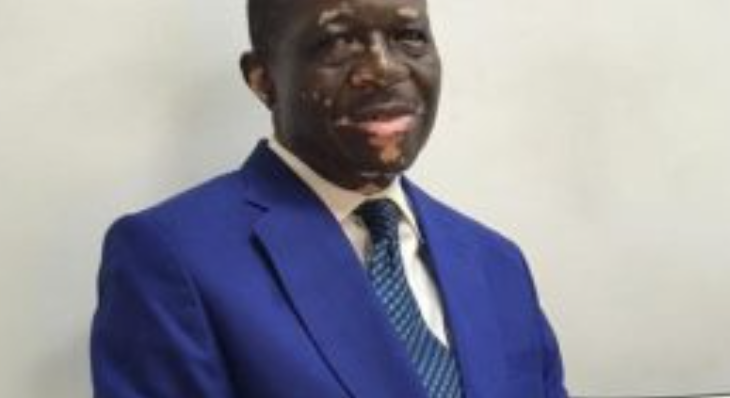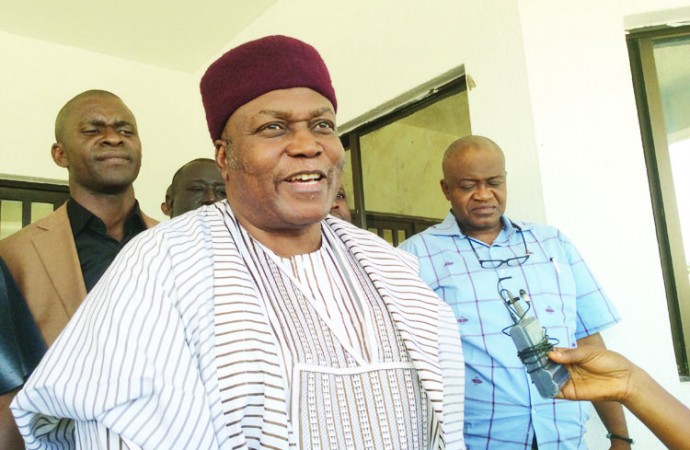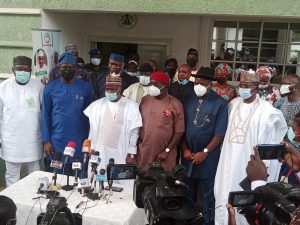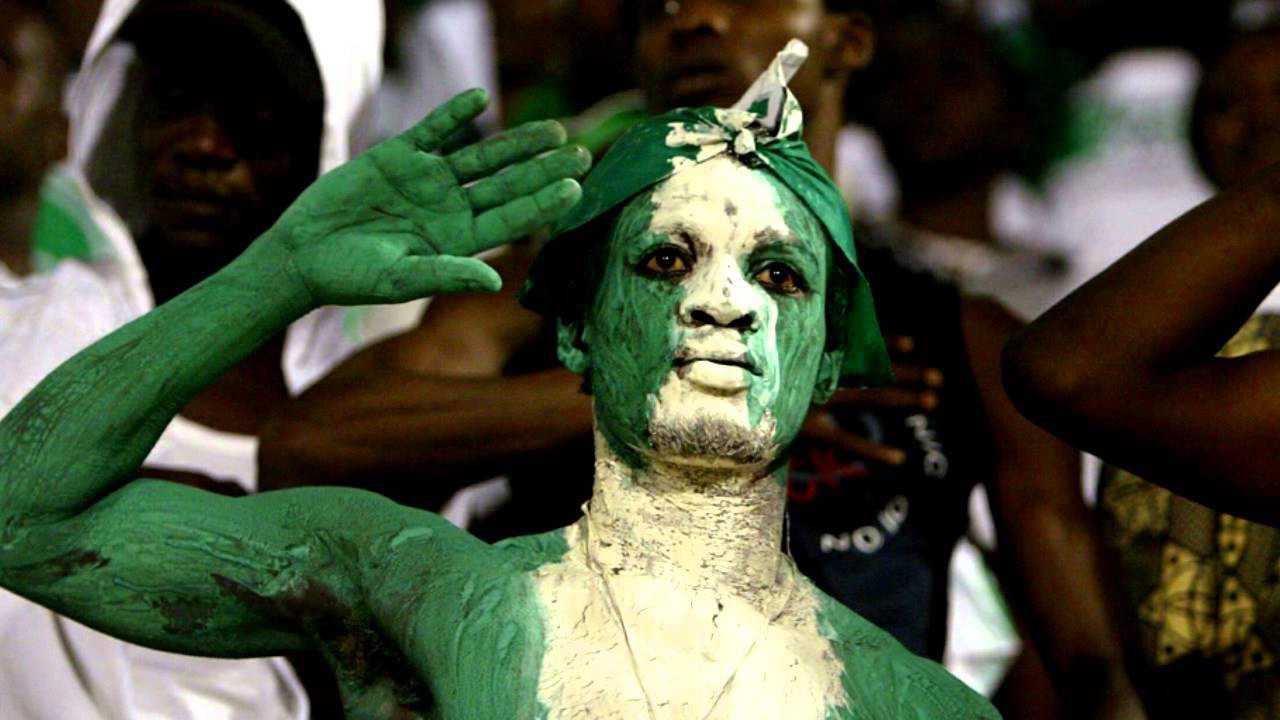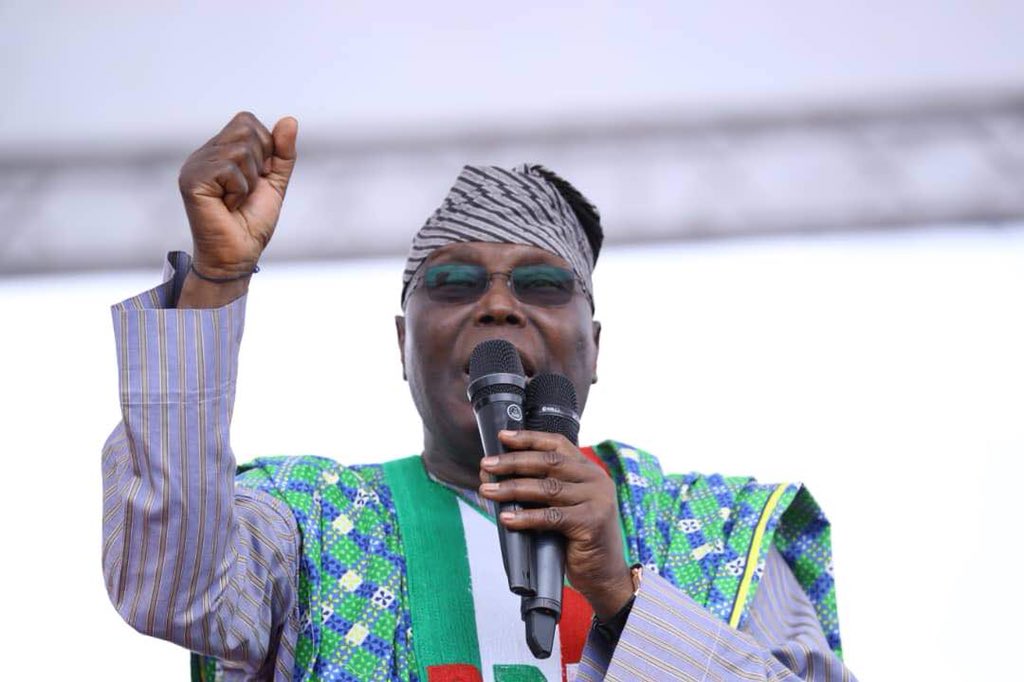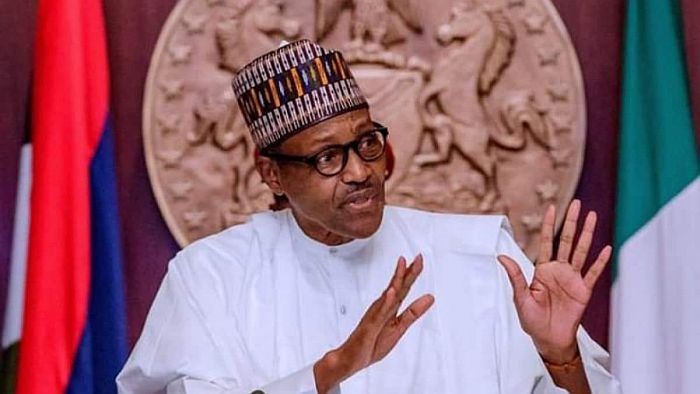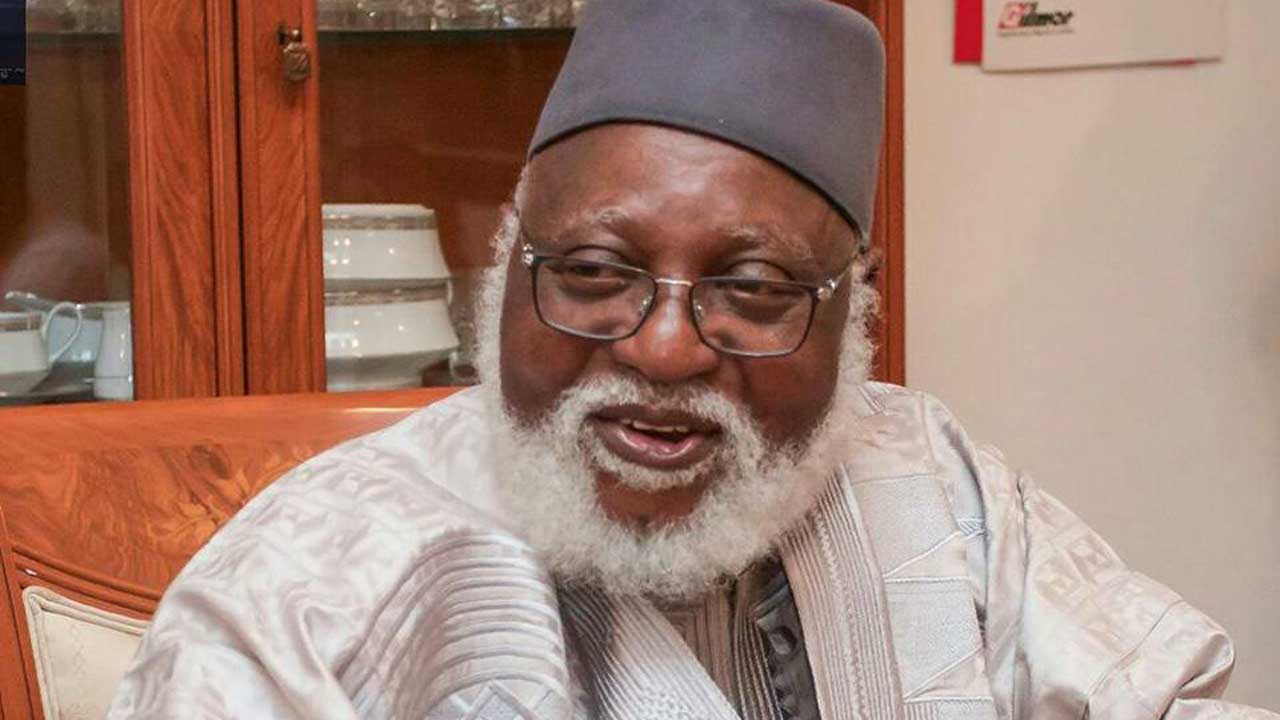The Guru – Godwin Etakibuebu, hereby submits to the Nigerian People; ditto the International Community, that the Nigerian Nation State has failed. Or, succinctly put, it has manifested all the indices of a failed State, though it still goes about with the name Nigeria. Going out of the name Nigeria is just a matter of time.
There was no Nigeria before 1914. It was in that terrible year of 1914, when those traders-predators from the British Isle; conquered without shedding much of their own blood; except blood of the aborigines “around the Niger”, that a country known as Nigeria invaded the world map. A country with that name – Nigeria, was born that year. And who so named us so?
A working female Journalist; whom history honoured to be the highest paid woman journalist of her era, named “this area of the Niger” as Nigeria. A little odyssey about this highly respected woman of her time, if I am permitted to, should be necessary, please.
Dame Flora Louise Shaw was born into a very large family on December 19, 1852, and died January 25, 1929. She began her career in journalism in 1886-7, writing for the Pall Mall Gazette and the Manchester Guardian, and became the Colonial Editor of The Times in 1893.
She visited Nigeria [though “this area of the Niger” had not been so named when she visited], and met a British Army Officer, by the name Colonel Frederick Lugard, whom was recalled from Ngami in Tanganyika, by the British Government, to take command of its [British interests] in the hinterland of the Lagos Colony and Nigeria, against French aggression.
Both met here and fell in love because Frederick Lugard arrived Nigeria a very bitter and sorrowful man; having lost his marriage in Tanganyika. This was how Flora Shaw became Lady Lugard. And she gave us the name Nigeria. Every other thing has become documented history from then.
So, though it is not what we would have preferred, if Nigeria goes under, after 109 years of being in existence, let it be.
We can now move to the navigational history of Nigeria being a failed State. I have chosen not to pull the ship into the high Sea for this dangerous navigational venture into a torturous voyage of discovery without attempt at laying out the perimeters or templates of a failed State. Here we go.
From the Oxford dictionary of languages, a failed State meaning is given as “A State Whose Political Or Economic System Has Become So Weak That The Government Is No Longer In Control”.
Is government in control of anything in the country today?
What is a failed State?
Failed State is defined as a condition of “state collapse” – eg, A State That Can No Longer Perform Its Basic Security, And Development Functions And That Has No Effective Control Over Its Territory And Borders.
Can this fact be assimilated by the reality of Terrorists having almost taken over control of government and governance in Nigeria as things manifest today?
Failed State can also be categorized as a country whose government is considered to have failed at some of its basic responsibilities: for example, keeping the legal system working correctly, and providing public services, such as electricity, water, education, hospitals, etc.
We shall return back to evaluate these templates if they are appropriately applicable in Nigeria of today. But for now, let us move a little further in interrogation of Nigeria’s today trend.
What is a failed State in international law?
State Failure Is Best Defined As The Incapacity Of A State To Perform Its Obligations Towards Its Citizens And Towards The International Community In General. This is so defined for the simple reason that for any State that fails, there is that international dimension returning as collateral liability.
What causes society to collapse?
Possible causes of a societal collapse include natural catastrophe, war, pestilence, famine, economic collapse, population decline, and mass migration. A collapsed society may revert to a more primitive state, be absorbed into a stronger society, or completely disappear.
9 Reasons For Failure
- Lack of communications
Enabling employees to complete tasks properly, and with minimal mistakes, requires time and effort. When people do not understand what they are doing, how to do it optimally, or why they are doing something there is a higher chance of making mistakes or failing to complete tasks altogether. Mitigate this risk by ensuring clear communications on tasks, responsibilities and projects (current and upcoming) that require actions from employees.
- Lack of leadership
Working without sufficient or proactive leadership is just as bad as not knowing what to do due to a lack of communication. The leadership should be present, providing clear directions and empowering information-sharing across the team so that everyone can complete their work. You need to make sure workers have all the information they need to complete their tasks with confidence.
- Lack of vision
If employees do not have a direction and understanding of the overall vision they are working towards, it will have an impact on the quality of their work and their performance (ie: the number of mistakes they make). The vision and mission goes hand in hand with communication and providing sufficient information, but also includes promoting a culture where everybody feels that they have a purpose behind the work they are doing.
- Complex systems
Some surroundings and functions will have more chance of failure and mistakes than others. This means a failure could be inherent to a system based on its complexity. There is usually a limited set of improvements to reduce the complexity itself, but as general rule of thumb, all steps in a process should be well-documented in order to increase the likelihood of succeeding.
- Ill-discipline, lack of trust or negligence
Other times, failures happen as a result of the employee’s negligence or lack of trust. This involves failure to abide by departmental or operational procedures, or disregarding rules and methods. The root causes vary and might be about organisational problems, individual relationships with supervisors or lack of motivation as a whole. Thus, offering a turnkey solution is impossible but being aware of these issues is always the beginning. To do that, having a low-threshold incident reporting platform helps a lot.
- Not learning from past mistakes
A huge cause of repeated failures and mistakes is that organisations do not address the root causes of failure the first time around. These unaddressed problems are like snowballs starting to roll down from the top of a mountain, getting bigger and bigger as more time passes. To avoid this, push to understand underlying issues, mitigate them, document the corrective actions, and make sure relevant people are being trained based on this new information.
- Poor reporting channels
Poor incident or issue reporting channels and policies can cause blockages in identifying and resolving issues. To learn from past mistakes, you need to enable the possibility for employees to report and notify you when mistakes happen. To do this, you need to have a proper channel, make sure people know how to find it, and make the reporting itself as effortless as it can be.
- A lack of business goals overview
If the strategy of your department or business isn’t communicated properly, employees won’t know their goals, objectives or how to best execute their everyday work. This makes it more likely that they will face problems and failures. To address this, make sure that everybody understands both the bigger scope and how their role plays into achieving it. As an additional tip, we highly recommend organisations to look into both KPIs (Key Performance Indicators) and OKRs (Objectives and Key Results).
- Lack of employee involvement
The role of management and a manager is key for minimising failures and mistakes. Managers are responsible for defining clear plans and goals, conducting quality checks, and organising and monitoring their team’s performance. A part of the perfomance success also comes down to how involved and engaged each individual team member is. Employee involvement has a direct impact on the efficiency and bottom-line of the business, as it also includes high levels of productivity. If employees aren’t feeling involved in setting the KPIs, OKRs or strategies for their work, then the team motivation drops. This leaves room for more errors, and slow delivery times.
We can continue in interpreting and identifying what it means for a State to fail for the next several days if we may want to go on. But for now, let us wait, and for a moment, throw our collective thought over only one issue; which remains the sword of Damocles hanging over all of us – Nigerians. And that is the Naira Notes redesigned Policy introduced by the Central Bank of Nigeria [CBN] on October 26, 2022.
On this policy issue, the CBN has spoken, or putting it more definitely – has decreed [when we are not under military administration – or are we?], some leading politicians have spoken, the Nigerian Apex Court – Supreme Court of Nigeria spoke, then the President and Commander-in-Chief of the Nigerian Armed Forces of the Federal Republic spoke.
In all these, the Nigerian people are dying. They are dying not because they don’t have their own monies in their different banks of choices. They are dying because there is no law and order in the land, to protect and shield them. The Nigerian people must necessarily die And continue to be dying because they cannot access their own monies – courtesy of a government that was supposed to be!
We shall return back to this topic in a few days’ time, and we shall be specifically discussing the issue of Naira redesigned Policy and many other topics that justifiably identify the fact of a failed State Nation.
Godwin Etakibuebu; a veteran Journalist, wrote from Lagos.
Contact:
Website: www.godwintheguru.com
You Tube Channel: Godwin The Guru
Twitter: @godwin_buebu
Facebook: Godwin Etakibuebu
Facebook Page: Veteran Column
Telegram: @friendsoftheguru
WhatsApp: @friendsoftheguru
Phone: +234-906-887-0014 – short messages only.
You can also listen to this author [Godwin Etakibuebu] every Monday; 9:30 – 11am on Lagos Talk 91.3 FM live, in a weekly review of topical issues, presented by The News Guru [TNG].
